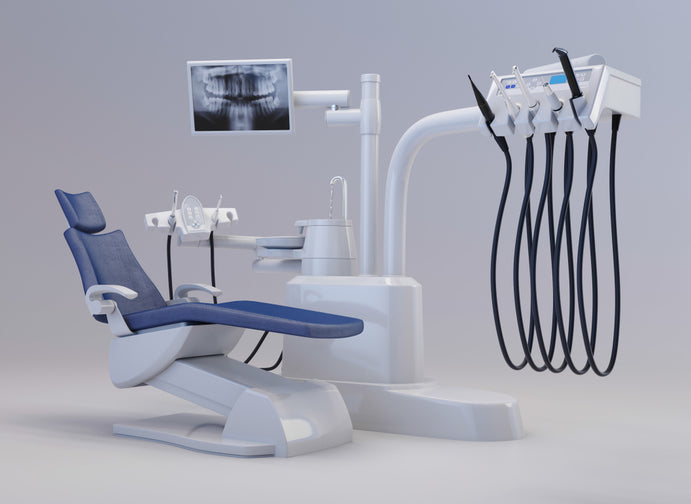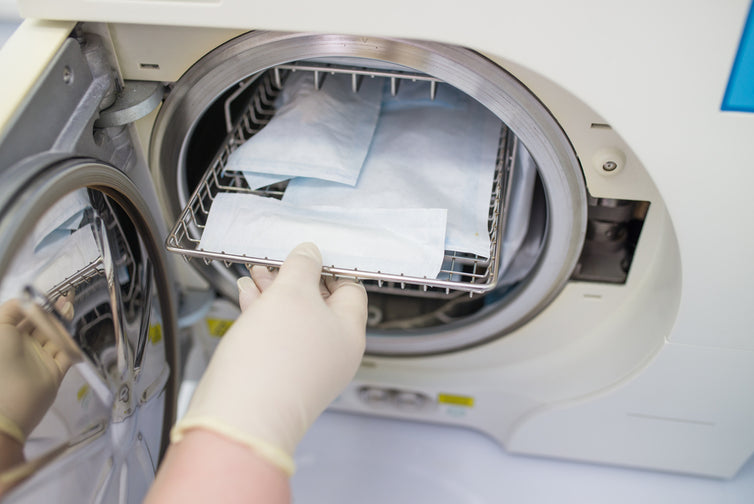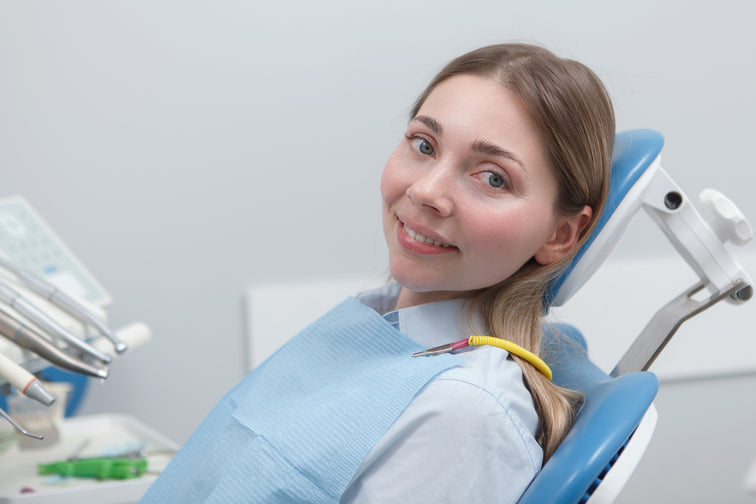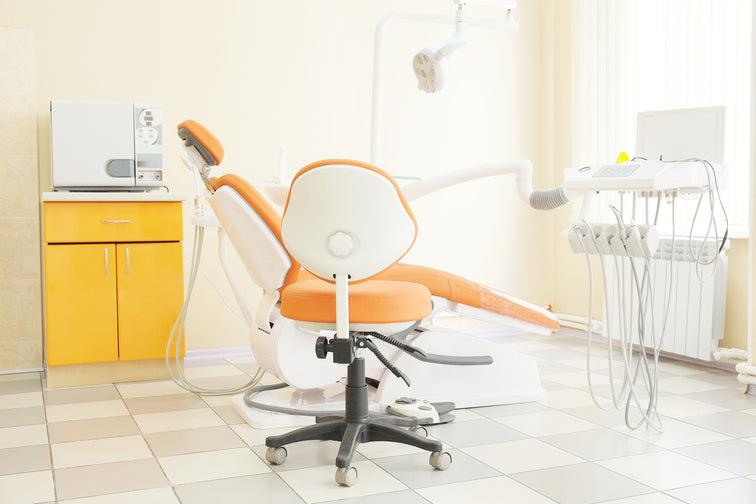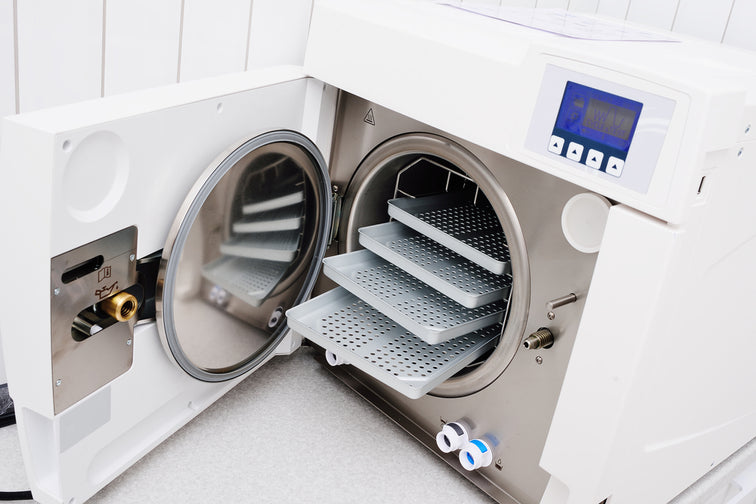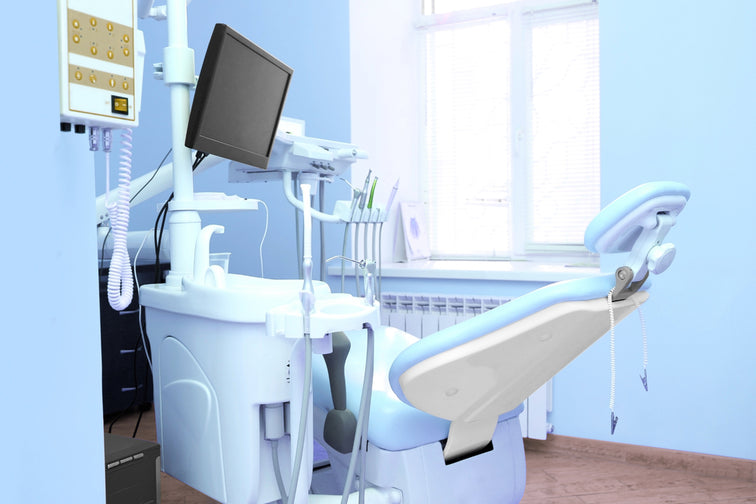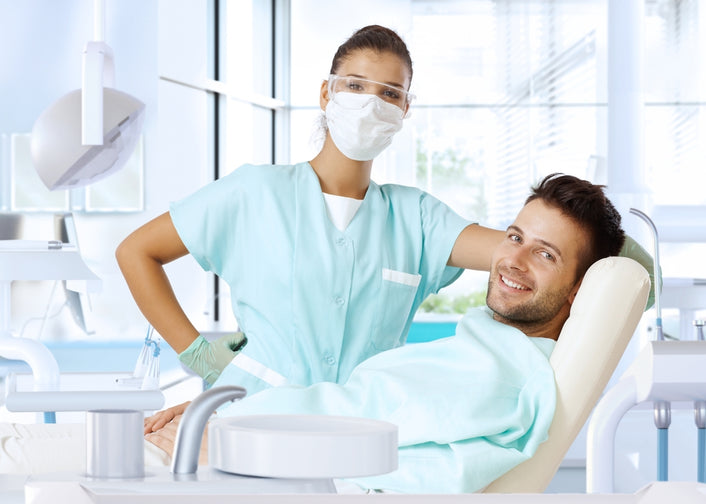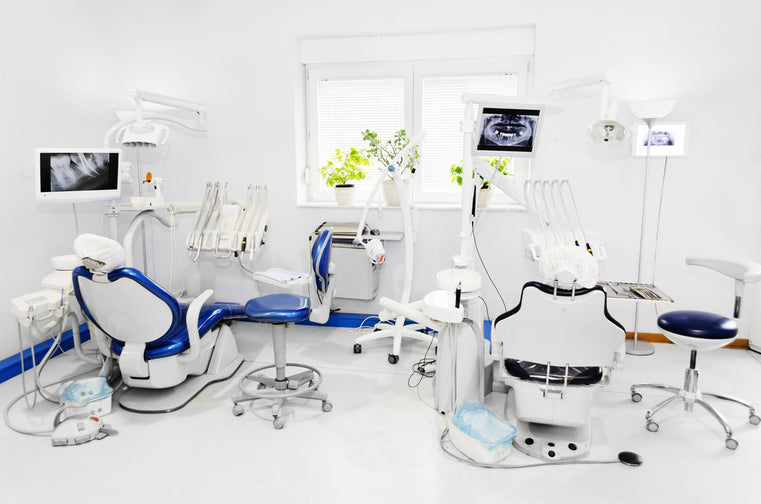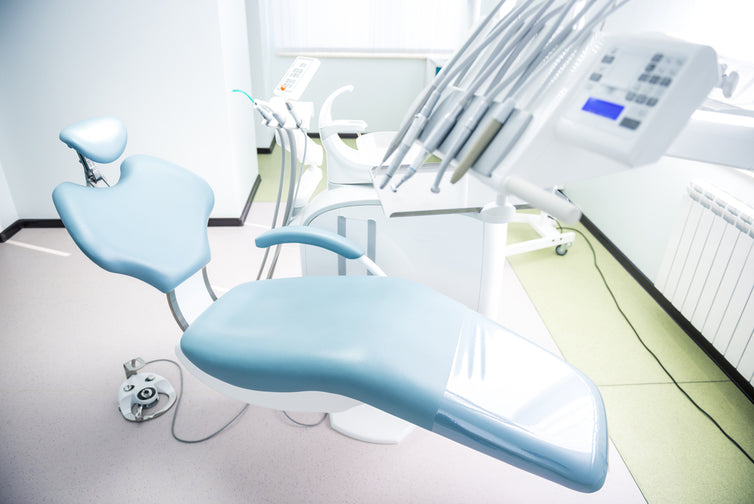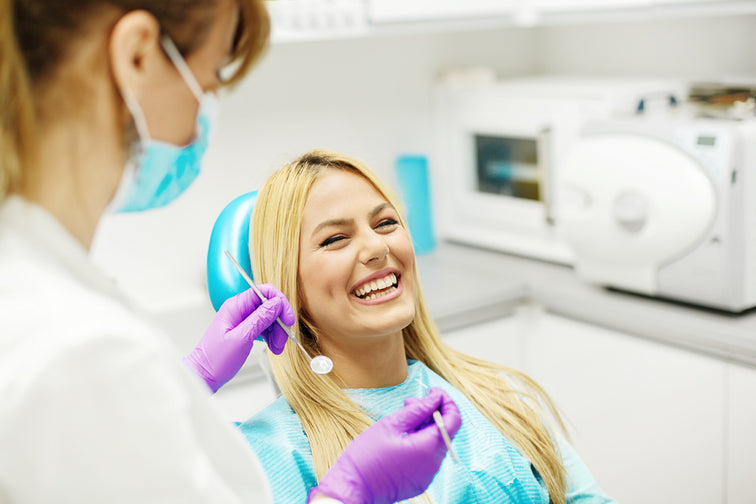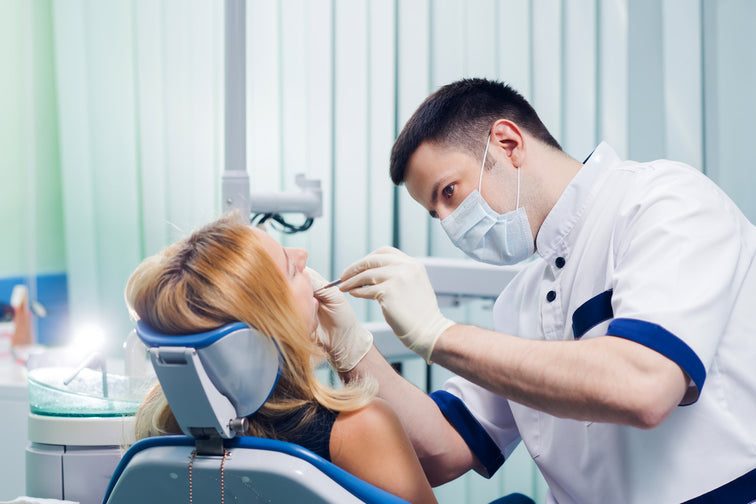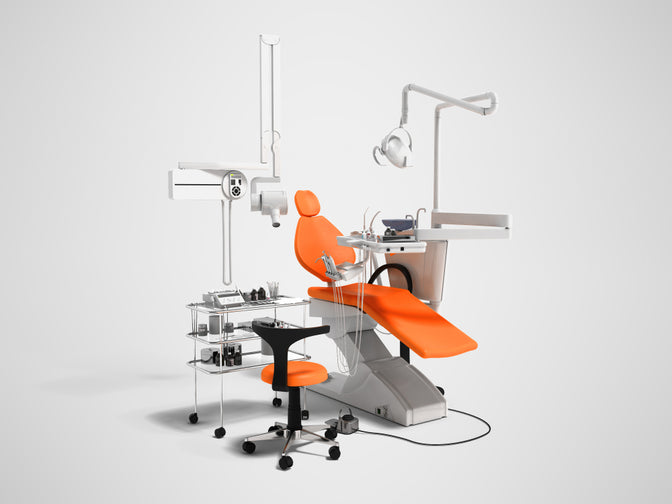What Types Of Dental Chairs Are There?
Dental chairs can vary in size, shape, style, features and price. They also have different purposes depending on the type of dentistry you do. That’s why it's important to choose a dental chair that fits your needs so you don't waste money or time with something that doesn't work for you. If you’d like to learn more about the types of dental chairs that are out there and what to look for in one, please feel free to continue exploring more of our article down below: What Are The Different Types Of Dental Chairs? There are a variety of dental...

